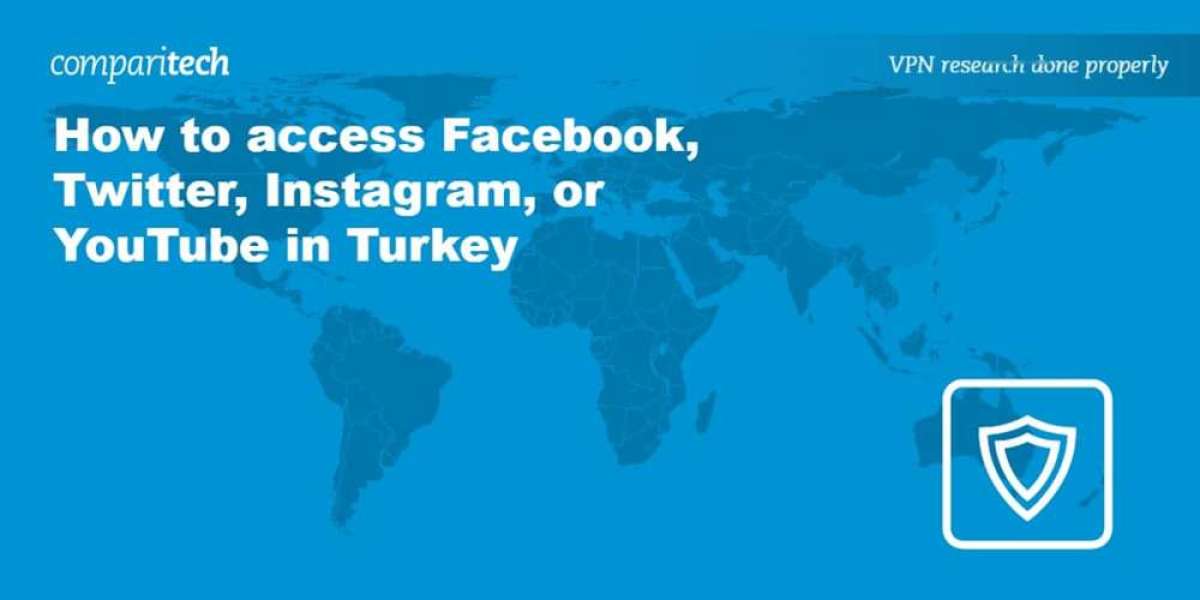As artificial intelligence (AI) continues to evolve, its integration into healthcare raises significant questions about AI ethics. The ability of machines to make autonomous decisions can lead to improved patient outcomes, but it also introduces complex moral dilemmas. How do we ensure that these systems operate within ethical boundaries? This article delves into the intricacies of AI ethics in the healthcare sector.
Understanding AI Ethics in Healthcare
AI ethics encompasses a range of principles that guide the development and deployment of AI technologies. In healthcare, these principles are crucial for ensuring that patient care remains at the forefront. Key considerations include:
- Transparency: Patients should understand how AI systems make decisions.
- Accountability: There must be clear lines of responsibility when AI systems are involved in patient care.
- Fairness: AI should not perpetuate biases that could lead to unequal treatment.
- Privacy: Patient data must be protected against unauthorized access.
The Role of Autonomous Decision-Making
Autonomous decision-making in healthcare can enhance efficiency and accuracy. For instance, AI algorithms can analyze vast amounts of data to identify patterns that human practitioners might miss. However, this raises the question: what happens when an AI system makes a decision that adversely affects a patient? If a machine misdiagnoses a condition, who is held accountable? This dilemma highlights the need for robust AI ethics frameworks that address such scenarios.
Challenges in Implementing AI Ethics
Implementing AI ethics in healthcare is fraught with challenges. Many healthcare providers may lack the necessary resources or understanding to effectively integrate ethical considerations into their AI systems. Additionally, the rapid pace of technological advancement often outstrips the development of ethical guidelines. To navigate these challenges, stakeholders must:
- Engage in continuous education about AI ethics.
- Collaborate with ethicists, technologists, and healthcare professionals.
- Establish clear policies that prioritize patient welfare.
Future Directions for AI Ethics in Healthcare
Looking ahead, the evolution of AI ethics in healthcare will likely involve greater regulatory oversight and the establishment of ethical review boards. These entities can help ensure that AI technologies are developed and deployed responsibly. Furthermore, as public awareness of AI ethics grows, patients may demand more transparency regarding how AI influences their care.
In conclusion, navigating the moral dilemmas of autonomous decision-making in healthcare requires a commitment to AI ethics. By prioritizing transparency, accountability, fairness, and privacy, we can harness the potential of AI while safeguarding patient rights. For those interested in exploring more about ethical considerations in technology, consider visiting .








